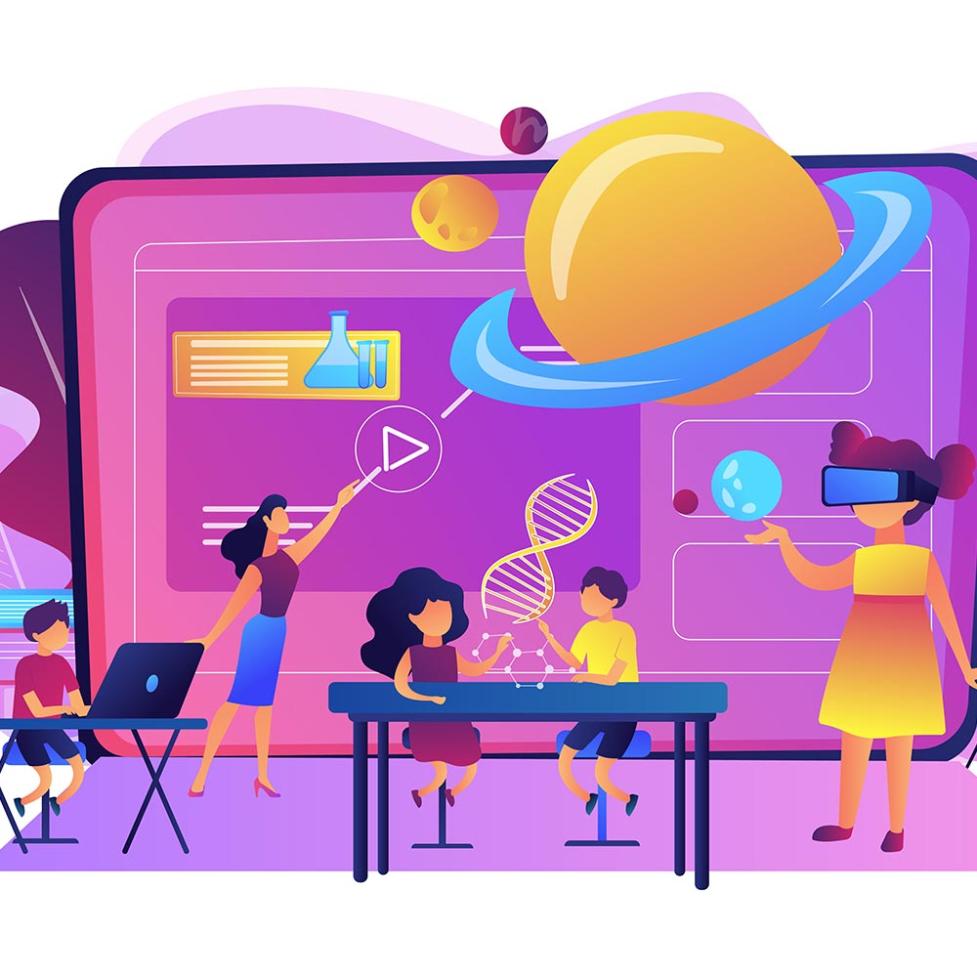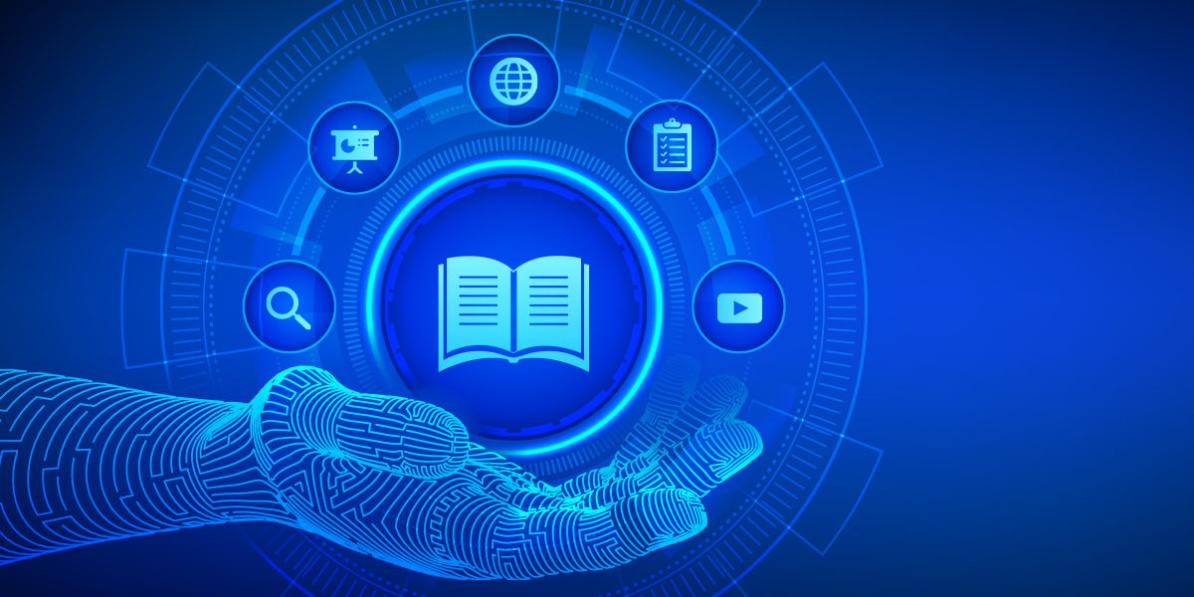What Are the Benefits of Using AI in Education?
Artificial intelligence (AI) has taken the world by storm, revolutionizing industries and transforming the way we live, work, and learn. Its impact on education has been particularly profound, with AI-powered tools and technologies reshaping the learning landscape and offering a multitude of benefits to students, educators, and administrators alike.

Personalized Learning: Tailoring Education to Individual Needs
One of the most significant advantages of AI in education is its ability to personalize learning experiences for each student. AI-powered adaptive learning platforms analyze individual student data, such as learning styles, strengths, and weaknesses, to create personalized learning paths that cater to their specific needs. This approach ensures that students receive content and instruction that is tailored to their unique abilities and interests, maximizing their learning potential.
For instance, Khan Academy, a renowned online learning platform, utilizes AI to provide personalized learning experiences for millions of students worldwide. The platform tracks student progress in real time and adjusts the difficulty of the material accordingly, ensuring that students are constantly challenged without feeling overwhelmed. This personalized approach has led to significant improvements in student outcomes, with many students showing accelerated learning progress.
Improved Student Engagement: Fostering Active Participation and Motivation
AI-driven interactive tools and simulations have the power to transform learning into an engaging and motivating experience for students. These tools bring abstract concepts to life, allowing students to interact with virtual environments, conduct experiments, and solve problems in a dynamic and immersive manner. Gamification, powered by AI, further enhances engagement by incorporating game-like elements such as rewards, challenges, and progress tracking, fostering a sense of accomplishment and encouraging active participation.

Duolingo, a popular language learning platform, exemplifies the successful integration of AI to drive student engagement. Its gamified approach, coupled with AI-powered personalized learning, has attracted millions of users worldwide. Duolingo's interactive lessons, coupled with rewards and progress tracking, have proven to be highly effective in motivating learners and promoting language acquisition.
Enhanced Accessibility: Empowering All Learners to Succeed
AI has the potential to break down barriers and make education accessible to all learners, regardless of their abilities or backgrounds. AI-enabled assistive technologies, such as screen readers and speech-to-text software, provide support for students with disabilities, enabling them to access educational content and participate in learning activities on an equal footing with their peers.

AI-powered transcription and translation tools can remove language barriers, making education accessible to non-native speakers. Google's Project Euphonia, for example, utilizes AI to provide real-time transcription and translation of spoken language, enabling students to understand lectures and participate in discussions in their native language.
Administrative Efficiency: Streamlining Processes and Empowering Educators
AI can significantly reduce the administrative burden on educators, freeing up their time to focus on teaching and supporting students. AI-powered tools can automate tasks such as grading, scheduling, and data entry, allowing educators to spend more time interacting with students and providing personalized feedback.
Additionally, AI-powered data analytics can provide educators with valuable insights into student performance and engagement. These insights can be used to identify students who may need additional support or to adjust teaching strategies to better meet the needs of the class. School districts across the United States are already implementing AI to streamline administrative processes and improve efficiency, resulting in cost savings and increased productivity.
Future-Ready Skills Development: Preparing Students for the Workforce of Tomorrow
AI education equips students with skills that are essential for success in the modern workforce. AI-powered tools foster critical thinking, problem-solving, and creativity, skills that are highly valued in today's job market. Additionally, AI education can provide students with hands-on experience with AI technologies, preparing them for careers in fields such as machine learning, data science, and robotics.
Codorg, a leading provider of AI education, offers a curriculum that teaches students computational thinking skills through interactive AI projects. Codorg's curriculum has been shown to improve students' problem-solving abilities and computational thinking skills, preparing them for success in STEM fields and beyond.
Conclusion: Embracing AI For A Transformed Educational Landscape
The benefits of using AI in education are undeniable. AI has the potential to transform education, making it more personalized, engaging, accessible, efficient, and future-ready. However, it is crucial to emphasize the responsible and ethical implementation of AI in education. AI systems must be designed with fairness, transparency, and accountability in mind to avoid perpetuating biases or exacerbating existing inequalities.
Stakeholders in education, including policymakers, educators, and administrators, must work together to ensure that AI is used as a tool for enhancing educational experiences and promoting equity and inclusion. By embracing AI and harnessing its transformative power, we can create a future where every student has the opportunity to succeed and thrive in the 21st-century workforce.
YesNo

Leave a Reply